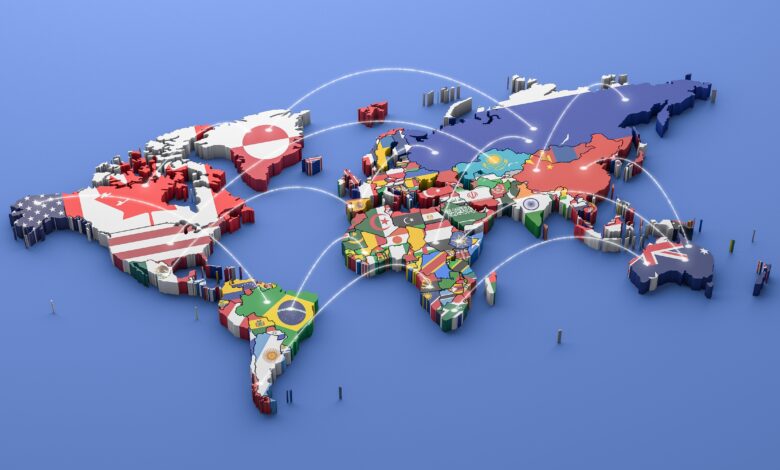Brics Expansion: A Diplomatic Balancing Act

The recent announcement of the Brics club’s expansion to include six new members was hailed as “historic” by Chinese President Xi Jinping. However, as the group grows, questions have arisen about the extent of its common interests and its role on the global stage.
The Brics group, consisting of Brazil, Russia, India, China, and South Africa, has often been seen as a counterbalance to Western-dominated international institutions. The expansion to include Argentina, Egypt, Iran, Ethiopia, Saudi Arabia, and the United Arab Emirates, scheduled for January, reflects a desire among some members to challenge Western dominance.
China has been the driving force behind the expansion, seeking to offer an alternative world order where autocratic regimes can feel secure without accepting conditionalities imposed by Western democratic powers.
Steve Tsang, director of London’s Soas China Institute, explains that while Brics members may not appear to share many surface-level commonalities, President Xi’s goal is to convey a shared desire for a future free from Western dominance. This alternative world order is intended to provide autocrats with a direction of development that doesn’t rely on Western conditions.
South African President Cyril Ramaphosa, the host of the recent Brics summit, expressed his appreciation for the interest shown by other countries in joining the group. He suggested that more nations might join in the future, pending agreement among the core members on membership criteria.
However, there were disagreements within the group about the number of new members and the pace of expansion. A press conference scheduled for Wednesday was canceled, sparking rumors about the addition of five countries to the bloc. Brazilian President Luiz Inácio Lula Da Silva was notably absent from Wednesday’s leadership dinner, reflecting his cautious approach to admitting new members.
In a surprising turn of events, a sixth country was added to the group, leading to last-minute discussions and delays during the press conference. Each country’s leaders then shared their individual reactions to the news.
Russian President Vladimir Putin, participating via video link due to concerns about his potential arrest for alleged war crimes in Ukraine, criticized Western powers for their “neo-liberalism.” He argued that this ideology threatened traditional values in developing countries and the emergence of a multi-polar world that doesn’t have a single dominant country or bloc. While Putin didn’t explicitly name the United States, his comments were clearly directed at Western powers.
The U.S. was a recurring topic of discussion at the summit. White House National Security Advisor Jake Sullivan sought to downplay the Brics expansion, citing divergent views among Brics countries on critical issues. He emphasized that the group was unlikely to become a geopolitical rival to the United States.
Sarang Shidore, director of the Global South program at the Quincy Institute in Washington, noted that none of the six new members were considered anti-American states. While the expansion marks a shift away from U.S. dominance in setting global norms, it doesn’t necessarily signify a replacement. Shidore sees it as more of a complementarity rather than a replacement.
In a diplomatic gathering marked by give and take, it’s challenging to declare a winner or loser. President Putin wasn’t arrested, and Russia was represented thanks to technology. China achieved its goal of membership expansion, while Brazil’s proposal for a common currency garnered serious consideration. India appeared to navigate a balance between its friendship with the U.S., and South Africa hosted a successful meeting without public disputes.
As the Brics group continues to evolve, the world watches to see how this diverse collection of nations with varying interests will cooperate in a changing global landscape.





